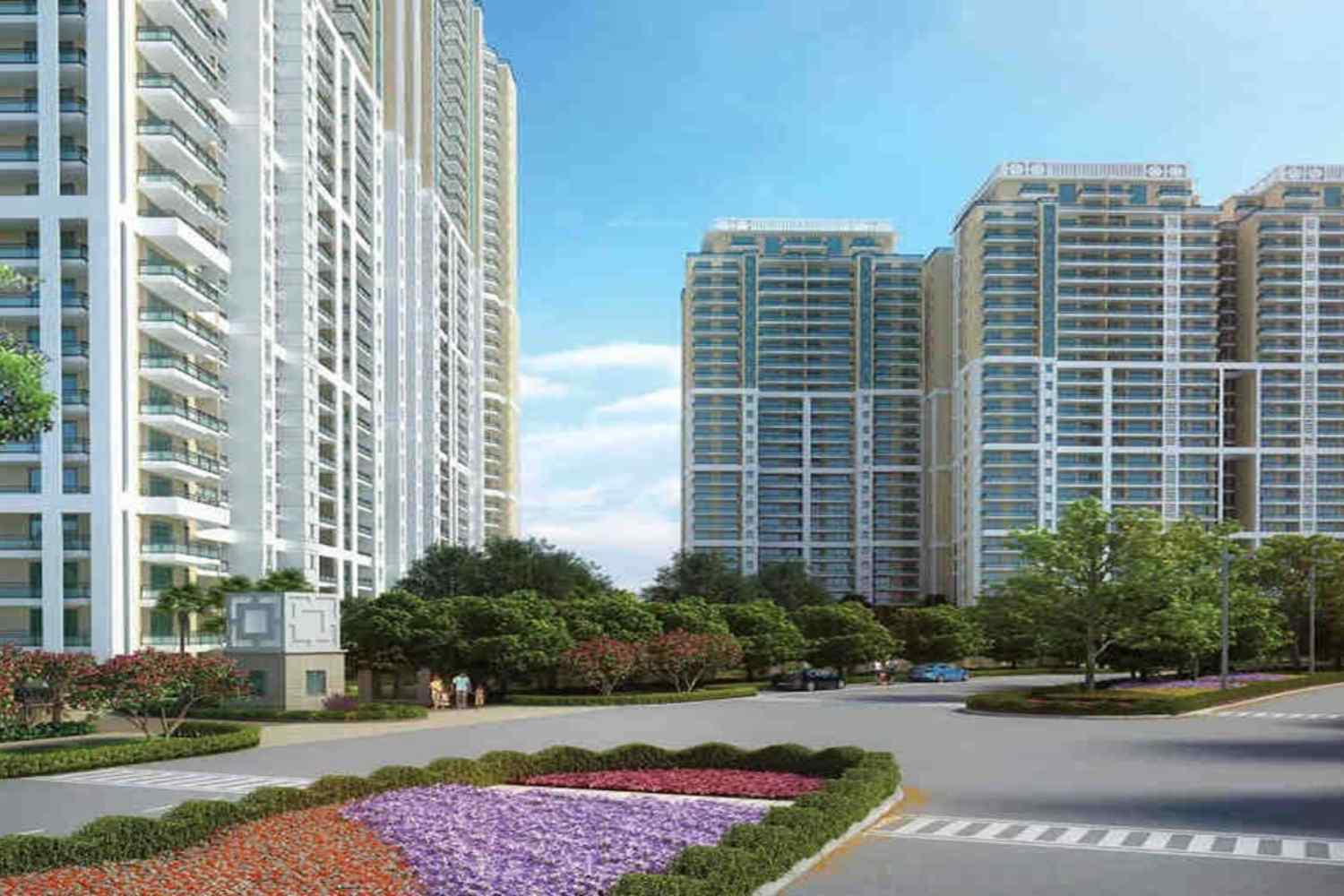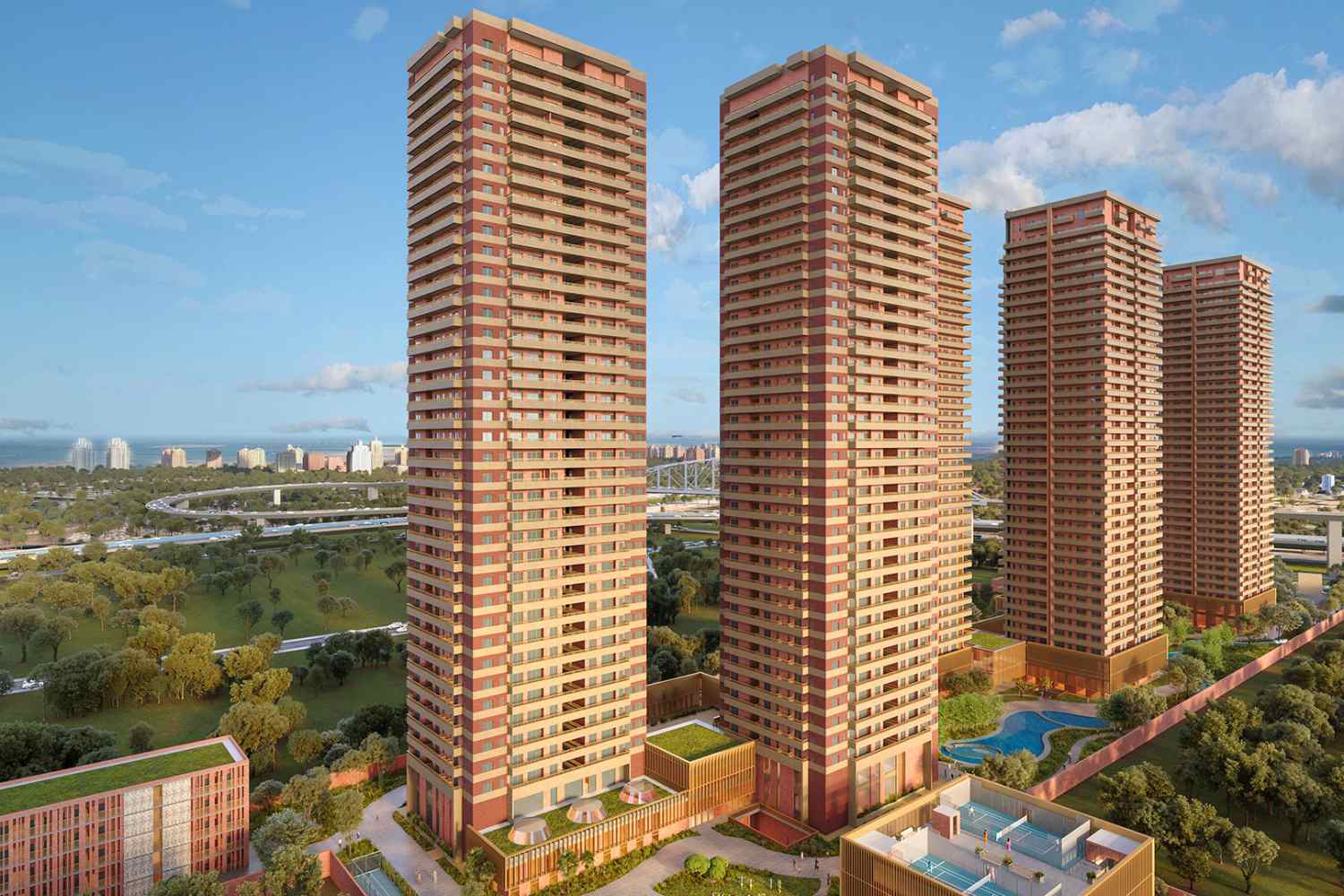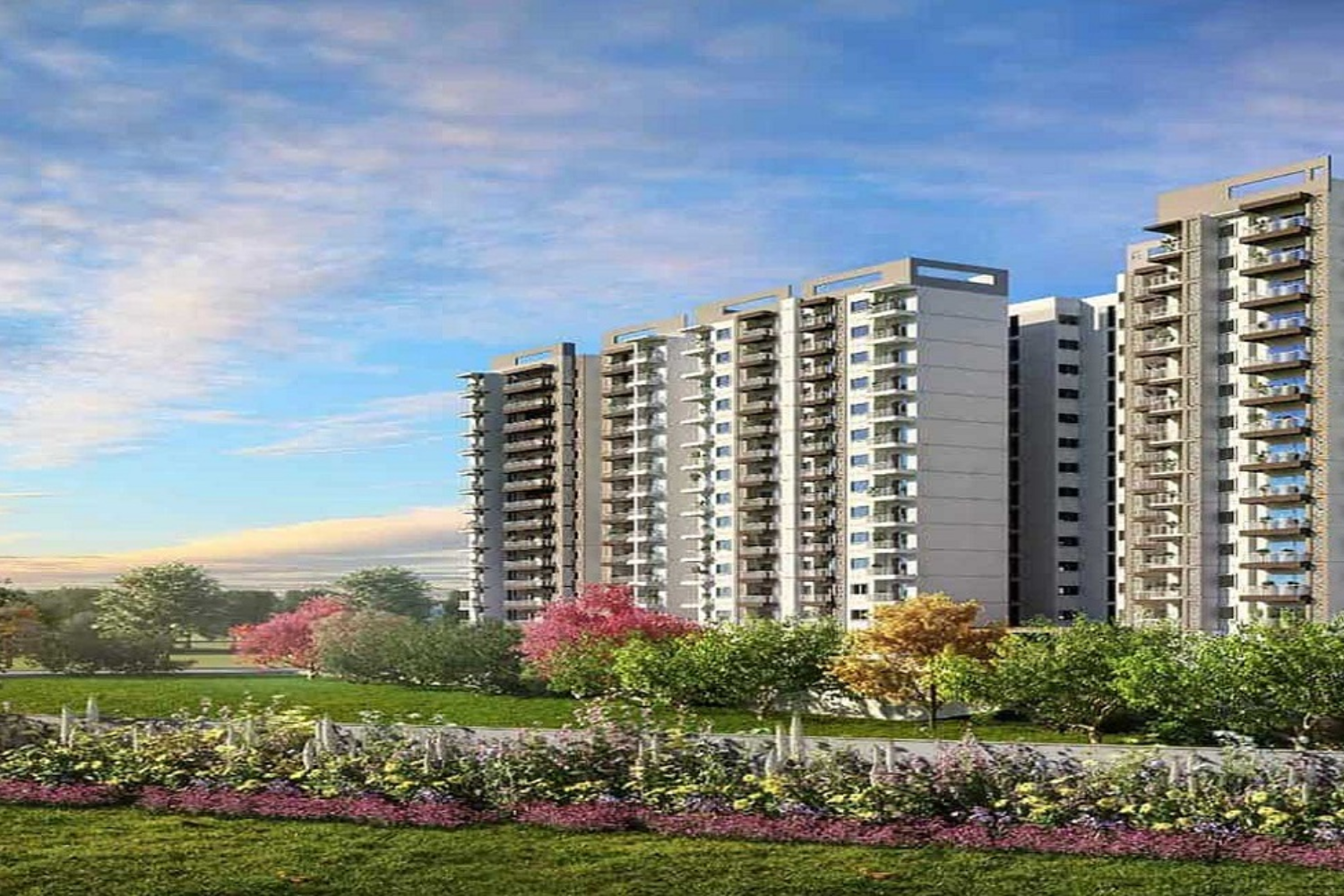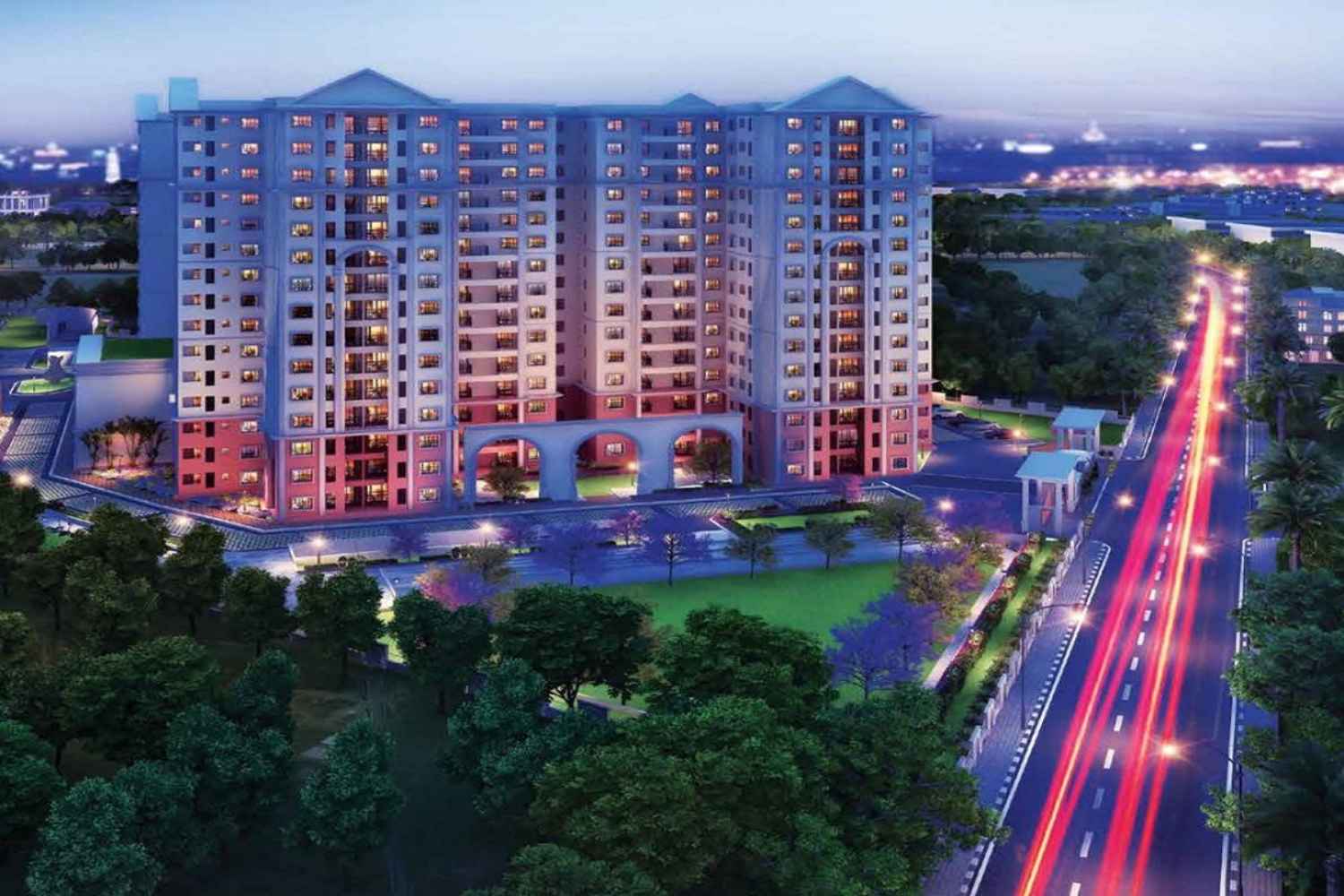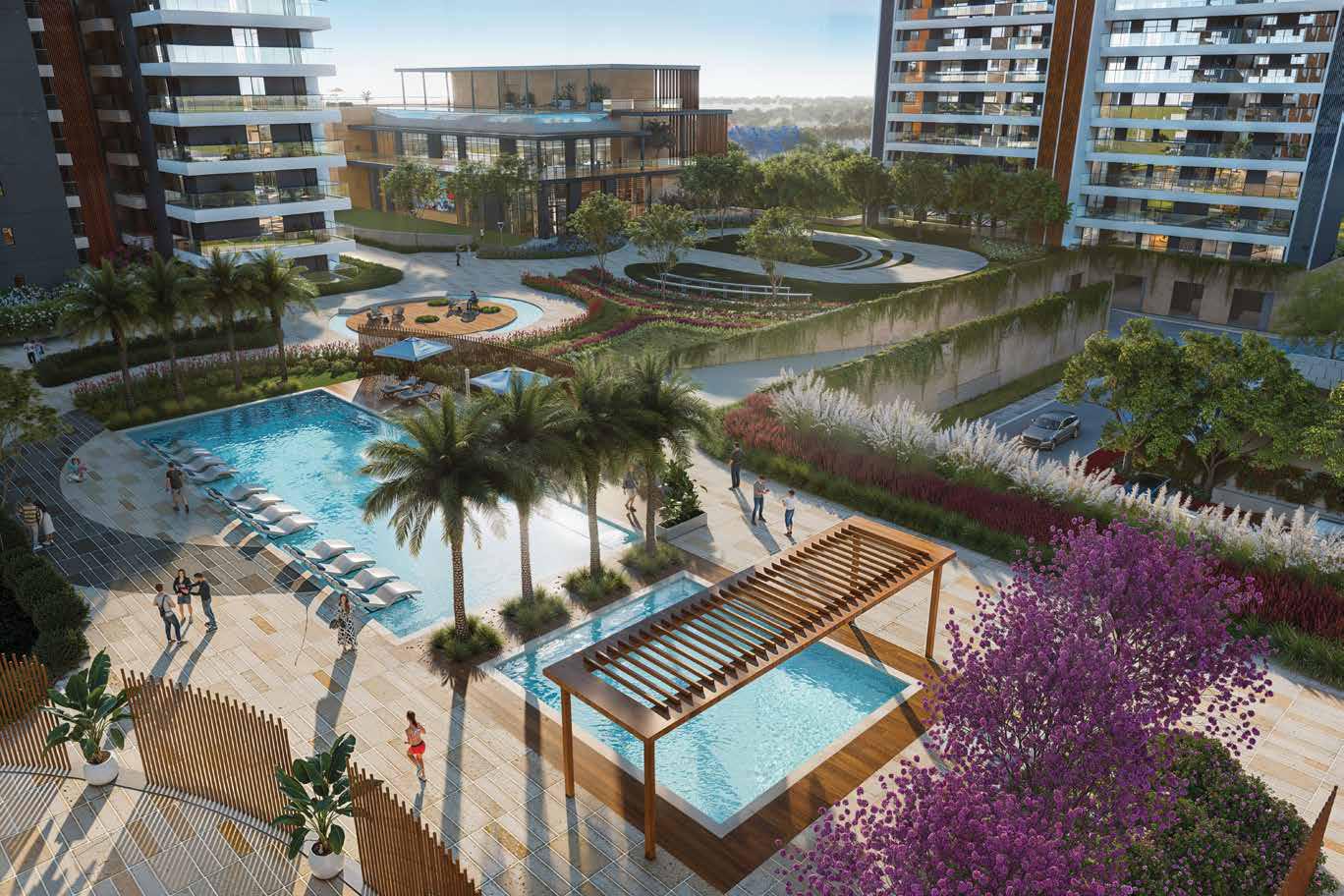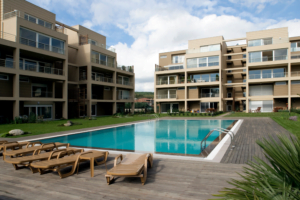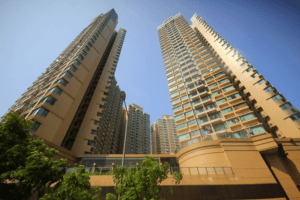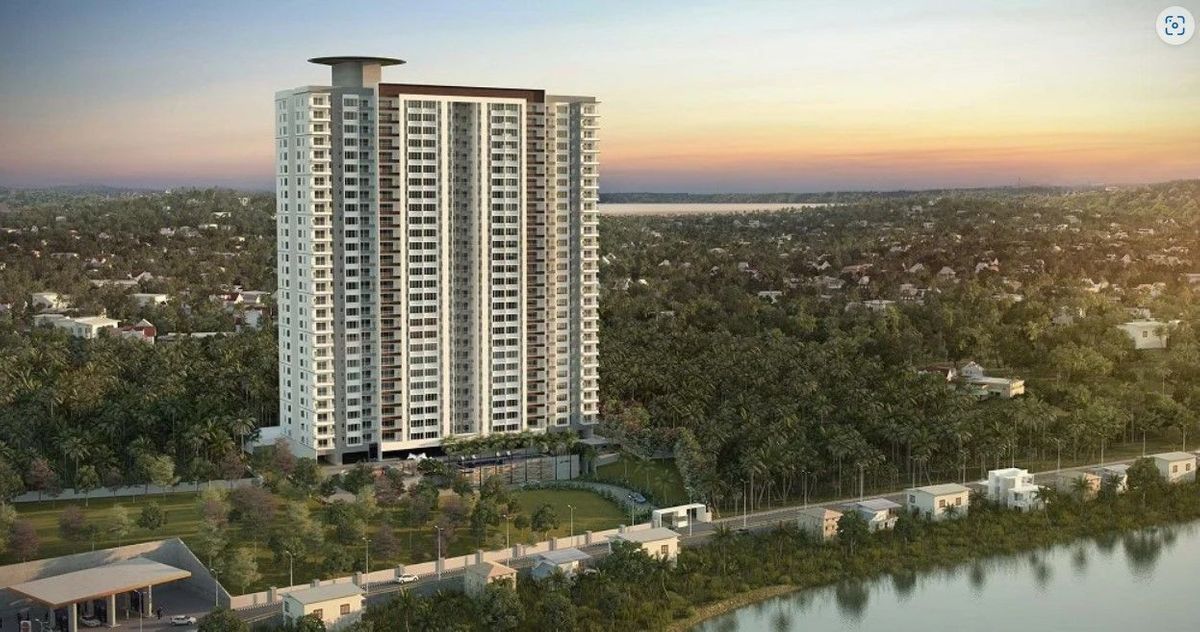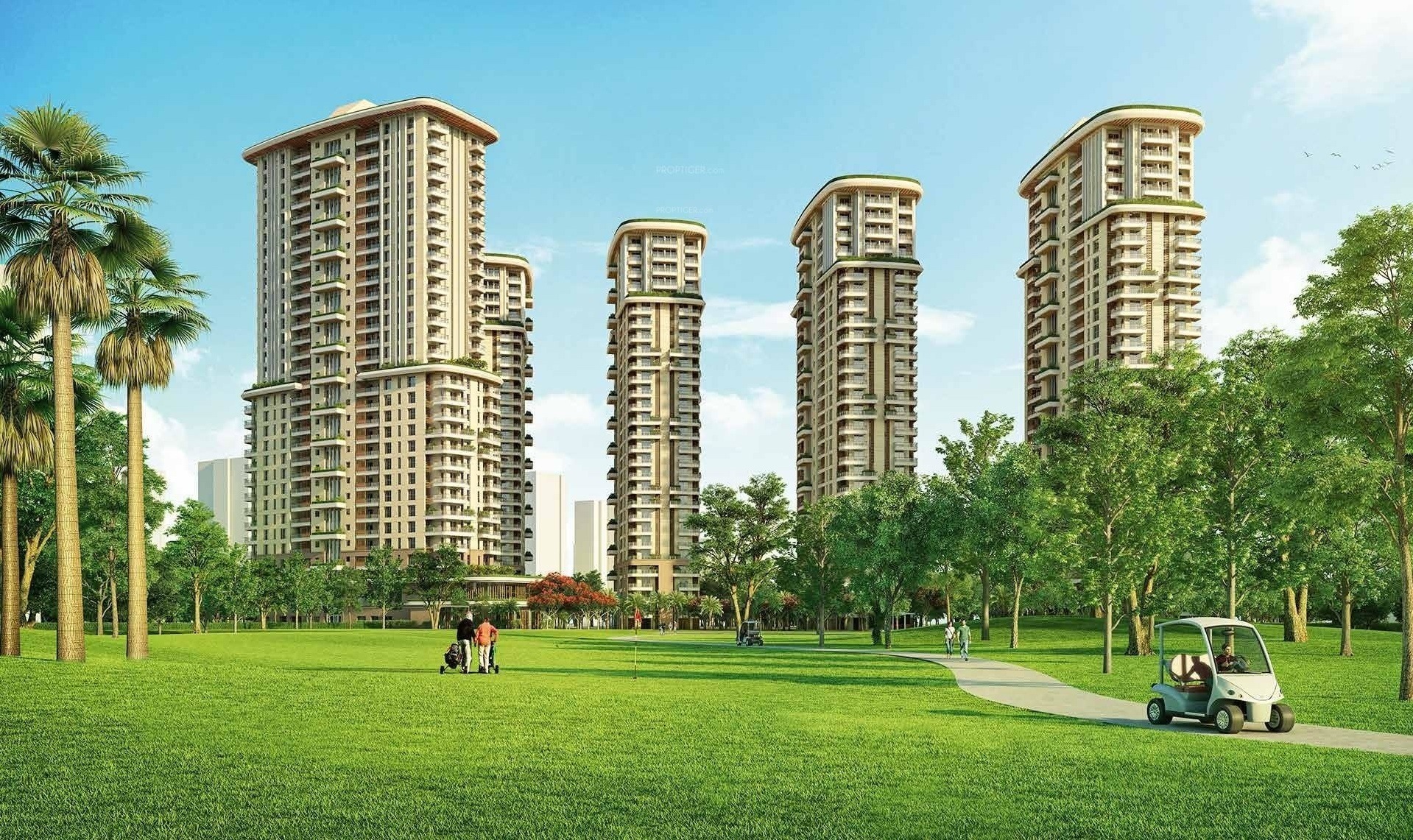Team Opulnz Abode: 04-04-2024, 4:24: Read Time 2.3mins
In today’s world, embracing eco-friendly practices isn’t just a trend; it’s a necessity. As seniors, we have a unique opportunity to contribute positively to the environment and leave a lasting legacy for future generations. Making small, sustainable changes in our daily lives can significantly reduce our carbon footprint and preserve the planet for years.
Planting a Garden: Cultivating Green Spaces
Planting a garden is a rewarding hobby and a sustainable way to connect with nature and reduce environmental impact. Various gardening options are available for seniors with spacious backyards or limited indoor space.
Outdoor Gardens:
Embrace eco-friendly gardening techniques such as mulching and planting native species to promote biodiversity and support local ecosystems. Consider setting up raised beds or vertical gardens to minimize bending and kneeling, making gardening tasks more accessible for seniors with mobility issues.
Indoor Gardens:
Indoor gardens offer a convenient and sustainable alternative for those with limited outdoor space or mobility challenges. Herb and container vegetable gardens are perfect for growing fresh produce year-round, even in small apartments or retirement communities. Popular indoor plants like tomatoes, green onions, and strawberries thrive in containers, giving seniors a sense of accomplishment and connection to nature.
Luxury Senior Living in Gurgaon: https://opulnzabode.com/antara-max-gurgaon-senior-living/
Recycling: Reducing Waste, Preserving Resources
Recycling is a simple yet effective way to minimize waste and conserve valuable resources. Seniors can be crucial in promoting recycling initiatives within their communities and leading by example.
Getting Started:
Check with your local municipality or senior community to learn about available recycling programs and guidelines. Many cities provide recycling bins and offer curb side pickup services for added convenience. Educate yourself on what materials can be recycled and encourage others to participate in recycling efforts.
Installing Energy and Water-Saving Devices: Sustainable Living Made Easy
Implementing energy and water-saving devices in your home can significantly reduce environmental impact and lower utility bills. Simple upgrades like switching to LED light bulbs and installing low-flow showerheads can make a big difference.
Energy-Efficient Upgrades:
Replace outdated appliances with energy-efficient models endorsed by the Energy Star program. Consider investing in programmable thermostats and smart home technologies to optimize energy usage and reduce carbon footprint.
Water Conservation:
Install low-flow faucets and toilets to minimize water consumption without sacrificing performance. Additionally, consider harvesting rainwater for outdoor use or installing a greywater recycling system to reuse water from sinks and showers for irrigation purposes.
Shopping Sustainably: Making Informed Choices
Supporting eco-friendly products and businesses is essential for reducing waste and promoting sustainable practices. Seniors can make a positive impact by adopting environmentally conscious shopping habits.
Choosing Reusables:
Invest in reusable alternatives to single-use plastics, such as water bottles, straws, and grocery bags. They are also opting for stainless steel or glass containers for food storage instead of disposable plastic bags. Thus, seniors can reduce their reliance on disposable items and minimize their contribution to landfill waste and pollution.
Prioritizing Sustainability:
When shopping for groceries and household items, prioritize products with minimal packaging and eco-friendly certifications. Choose organic produce whenever possible to support sustainable farming practices and reduce exposure to harmful pesticides and chemicals.
Selecting a Green Retirement Community: Building a Sustainable Future
Choosing a retirement community that prioritizes sustainability and environmental stewardship is essential for seniors seeking to live a greener lifestyle in their golden years.
Environmental Considerations:
Look for retirement communities with green building accreditations, like LEED (Leadership in Energy and Environmental Design), indicating a commitment to energy efficiency and environmental sustainability. Inquire about recycling programs, composting initiatives, and eco-friendly amenities offered within the community.
Community Engagement:
Join forces with like-minded individuals within the retirement community to advocate for sustainable practices and implement eco-friendly initiatives. Organize educational workshops, community clean-up events, and gardening clubs to promote environmental awareness and foster a sense of collective responsibility.
Conclusion: Making a Difference, One Step at a Time
Embracing an eco-friendly lifestyle as a senior is beneficial for the planet and fulfilling personally. By incorporating simple yet impactful changes into our daily routines, we can leave a positive legacy for future generations and inspire others to follow suit. Remember, every small step towards sustainability counts, and together, we can create a greener, healthier planet for all.
Upcoming Projects on Dwarka Expressway Gurgaon https://youtu.be/i94sR3dkZWU?si=tpG3uN_z01cxtCS_

